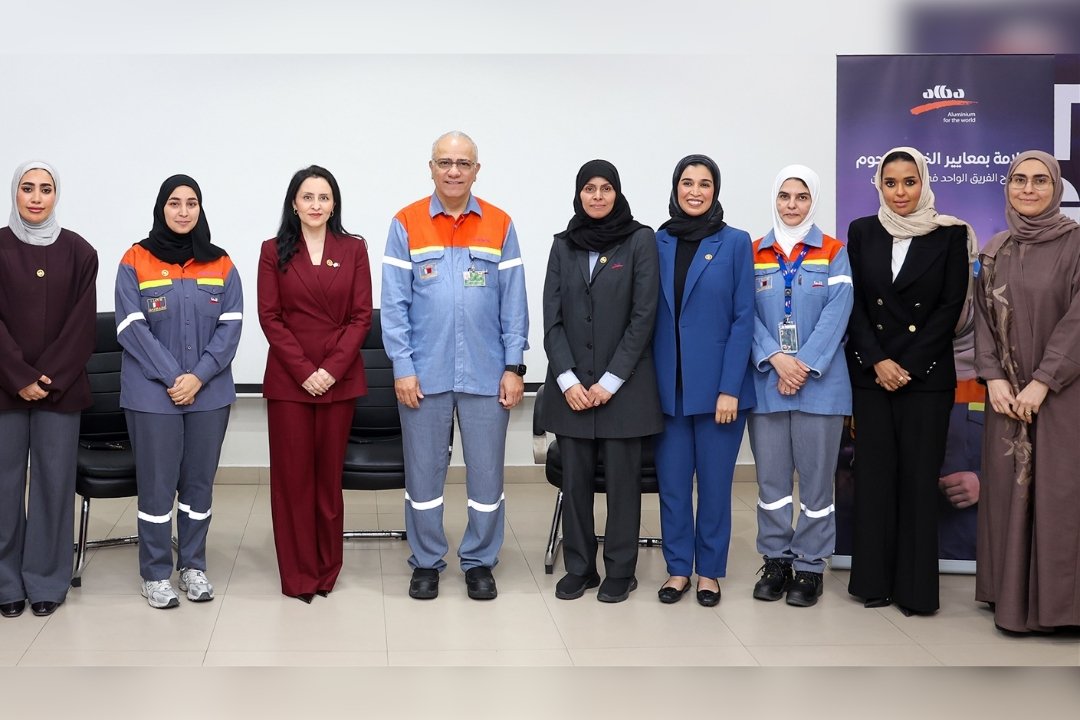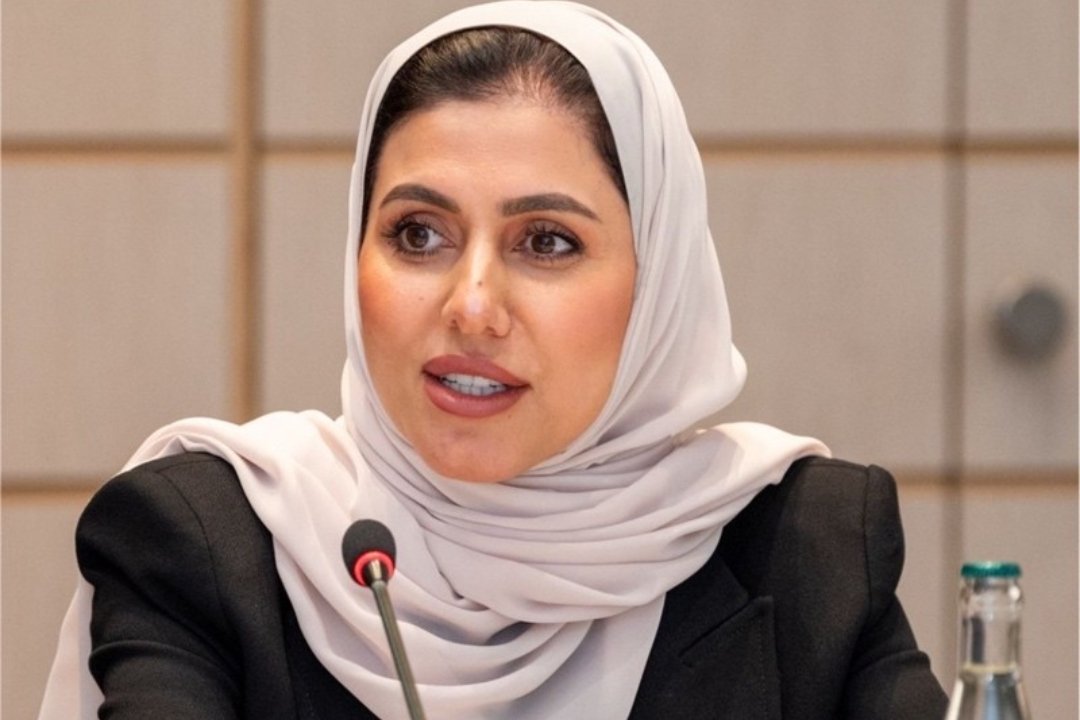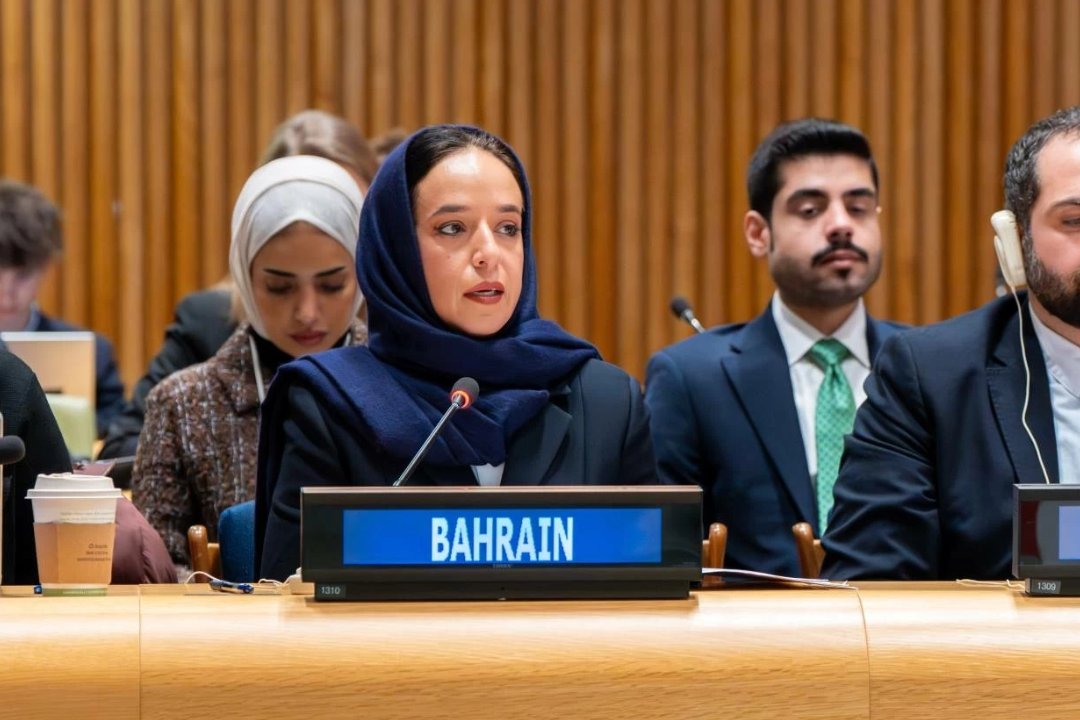Tanzania has taken a major step towards promoting gender equality and fostering inclusive growth by signing a significant agreement with the World Bank. The deal, worth 104 million US dollars (around 247 billion Tanzanian shillings), will support the country’s ambitious gender equality initiative, the “Pamoja Project” – meaning “Together Project” in Swahili.
This initiative is set to directly impact over 310,000 women across Tanzania. The funds will provide financial assistance to women, enabling them to seize a range of economic opportunities and improve their livelihoods.
The agreement was formalised in Dar es Salaam, with Tanzania’s Minister for Finance, Dr. Mwigulu Nchemba, and the World Bank’s Country Director for Malawi, Tanzania, Zambia, and Zimbabwe, Mr. Nathan Belete, putting pen to paper.
Dr. Nchemba expressed the government’s commitment to creating a more equitable and inclusive economy. “The Pamoja Project reflects Tanzania’s commitment to continuing creating a just and inclusive economy. This project intends to unlock more economic opportunities for women while bringing closer to them supportive services for preventing Gender Based Violence (GBV),” he said.
He emphasised the importance of gender equality in building a democratic society and argued that its benefits extend to the entire population. “Enhancing gender equality is the foundation of any democratic country. Gender equality improves economic production to all people,” he noted.
One of the key elements of the project is the empowerment of women through skills training, market access, and opportunities for securing soft loans through formal channels. This initiative will help women’s groups overcome some of the challenges they face in the business world.
Mr. Belete highlighted some of the barriers women continue to face in Tanzania, including limited access to quality child care. “We know from the data that Tanzania women continue to face significant obstacles of range of indicators relating to accessing economic opportunities. For example, there is limited access to quality child care,” he pointed out.
Looking ahead, Mr. Belete expressed optimism about the swift rollout of the project. “We look forward to quickly implementing the project and realising the results and benefits that many of the targeted groups are expecting,” he said.










